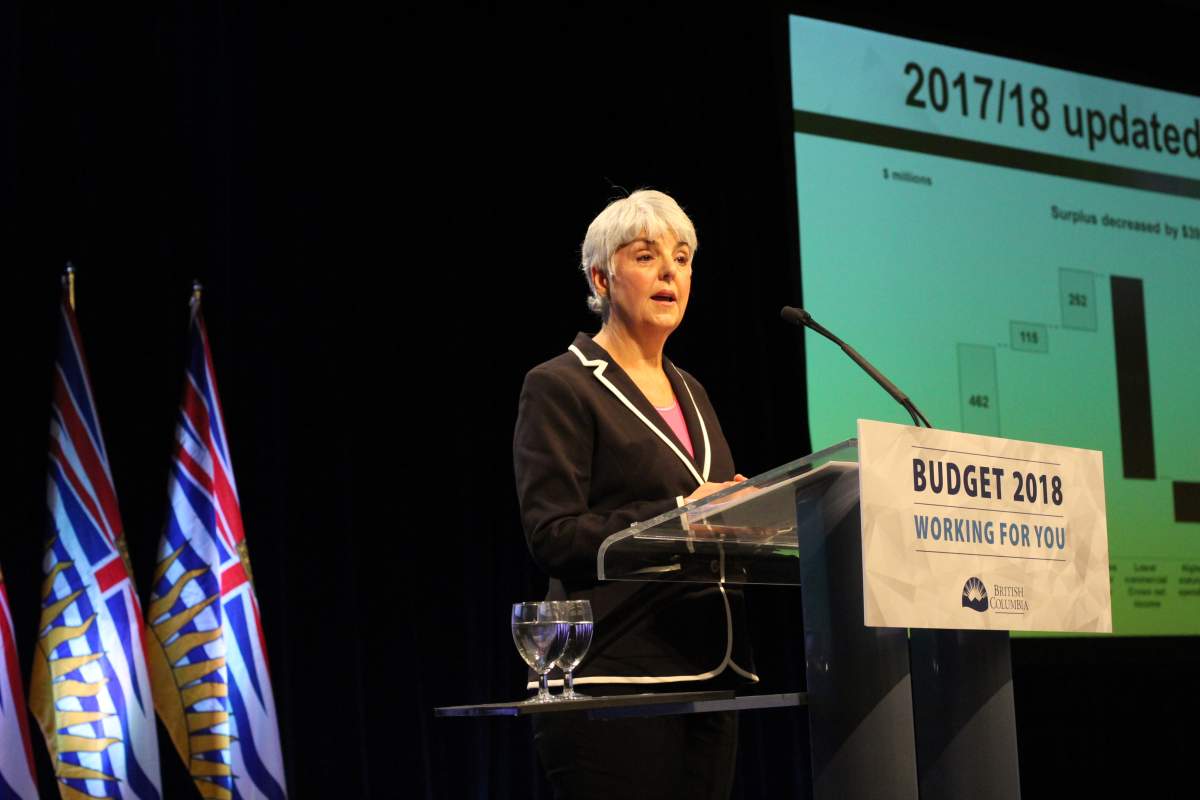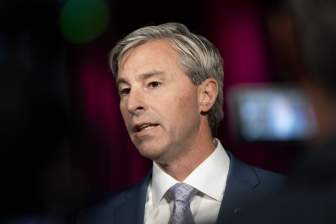Ninety three per cent of business owners surveyed by the Canadian Federation of Independent Business (CFIB) oppose the new employer health tax announced in last week’s provincial budget.

It replaces individual MSP premiums and comes into effect Jan. 1, 2019.
Businesses with payrolls less than $500,000 will be exempt, but the federation’s B.C. vice-president says they estimate more than half his members running small and medium-sized businesses will have to pay the new tax.

Get daily National news
“We estimate that despite the modest exemption, more than half of our members running small and medium-sized business will pay the new tax,” said CFIB vice president for B.C. and Albarta Richard Truscott. “Since only 17 per cent of them were able to afford to pay the MSP premiums for their employees, this is a brand new cost for many.”
“This new tax is a double whammy for those businesses owners. This doubling up is doubly wrong. The new tax should not take effect until the MSP premiums are totally phased out.”
Municipalities are also raising concerns about how the new tax will affect their payrolls.
The City of Burnaby, for example, will be on the hook for $3.3 million, while Coquitlam is looking at a tab of $600,000.
“Partly because of the way it’s being calculated, we will be paying double,” said Coquitlam Mayor Richard Stewart. “We will be paying half the MSP plus the new tax. For next year alone, it’s about $1.1 million, which amounts to about a full percentage point of property tax.”
Vernon Mayor Akbal Mund says it’s going to cost his city about $448,000.
“It works out to about a 1.5 percent increase on property taxes. We’re a very small municipality, we set our budgets. There’s no extra money sitting there.”
MSP premiums are slated to be phased out in 2020.













Comments